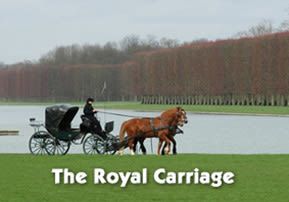
Yitro: The Royal Carriage
Do we really think about the receiving the Torah? We’ve got other problems - debts, health problems, pressure at work, dealing with the kids…

Parshat Yitro
The splendid carriage made its way with difficulty through the narrow alleyways. When it finally stopped in the center of the small and neglected town square, the meticulously dressed driver hopped out, looked to and fro and began signaling to the passersby’s in an attempt to convey some message. They looked at him with surprise, shrugged their shoulders and continued on their way. When he could find no-one who spoke his language, he gave up, saddled his horse and went off in the direction from where he had come, leaving the carriage behind him…
The dawn of the following day found the carriage still in its place. The early-rising workers passed by it, raised an eyebrow in confusion and continued to their daily work. Like all new things, soon, the carriage too was no longer taken notice of and only the elders from the old-age home on the other side of the square found any interest in it. For many days they debated its meaning and in the end they came to the unified conclusion that the king himself had sent it – a glorious statue.
Since they had decided that it was a royal carriage they treated it with respect. Whenever the children sought to find an outlet for their boredom amongst its wheels, the elders would waive their canes at them and chase them away with serious rebuke.
 One morning a well-off merchant arrived at the gates of the city. The marvelous carriage which stood in the town square caught his eye. He looked with surprise at the royal golden emblem that graced its front, bringing certainty to his suspicion, “a royal carriage, there is no doubt. But what is it doing here in the middle of some forgotten city?” he wondered. When he could find no satisfactory answer from the elders he turned to the town secretary.
One morning a well-off merchant arrived at the gates of the city. The marvelous carriage which stood in the town square caught his eye. He looked with surprise at the royal golden emblem that graced its front, bringing certainty to his suspicion, “a royal carriage, there is no doubt. But what is it doing here in the middle of some forgotten city?” he wondered. When he could find no satisfactory answer from the elders he turned to the town secretary.
“Ahh, I heard something about this strange phenomenon, yes, perhaps when I have some free time I will find a chance to get rid of the piece of junk”, answered the uninterested old secretary as he yawned with sleepiness.
“Wait a second, where did your honor say he was from … from the royal city?” The old man’s eyes suddenly lit up, “perhaps you could do me a favor?” He rummaged through the desk’s drawers and withdrew a scroll as he explained: “an unfortunate mistake … I told the young man who brought it here that it was a mistake but he was quite stubborn and now I’ve been left with this lost article”.
“What is the mistake?” replied the merchant in confusion.
“It is presumably a letter of greetings from the king to the head of a neighboring city” explained the old man.
“Who said it’s a mistake?” persisted the merchant.
“Perhaps you can tell me, can’t you see the royal seal! For whom do you think the king sent this letter? For me???” roared the old man.
“And why not?” asked the merchant again.
“You’re just making fun of an old man” replied the secretary with an expression of insult on his face.
“Let’s see” retorted the merchant as he ripped the seal off the scroll. “See, it IS for you” he declared as he held out the scroll in front of the secretary’s wide open eyes, “it seems that it is even written in your own language.”
The old man’s eyes quickly moved through the hand written lines, as he mumbled in amazement: “The king knows my name! My first name!” He held the scroll with trembling hands, “…the scroll is written to me … hand written by the king … he knows my name…”
In the following lines the king concisely conveyed his message: the development of the kingdom had until now been focused entirely on the royal city and its suburbs. The cities on the outskirts of the kingdom had begun to deteriorate and there was a concern that these areas would become completely detached from the rest of the kingdom. Therefore the yearly budget was going to be dedicated to a new project: ‘The Unification of the Kingdom’. The letter continued: “Since your city is that of the greatest geographical distance it has been decided to dedicate one half of the funds for the project to its development. At the final stage of the project, it is to become the sister city to the royal city. In the coming months the first of the funds will be delivered, after which the architectural and construction phases will commence, at which stage the funds will be increased as required.”
* * *
There is no need to penetrate the depths of the Parsha to be struck by the difficulty that is apparent from its very opening verse. “Parshas Yisro” – what type of a name is this? Is there any lack of important events in this week’s portion that the Torah could find no other title with which to crown such an important Parsha as this. Is there no more fitting introduction to the most important event in the history of the world – the giving of the Torah?
The story of Yisro truly is the introduction for the receiving of the Torah.
We all know that the Torah must be received each day anew. We also know that the Torah is something good. We have heard of, and perhaps have even seen people, who have merited to this. Presumably they look a little different, enriched and happy; it seems as if they have tasted something tangible in the fulfillment of the Mitzvos, they have attained clear Emunah and they find satisfaction and contentment in Kedusha.
The Torah is a very unique and special gift. Presumably it is not for naught that Hashem commanded us to wait for it such a long time.
Fifty days an entire nation waits, counting the days like a child anxiously waiting for a precious gift.
Any sensitive person who reads the Torah understands that something great happened at Mattan Torah. The Jewish people did not only receive an important gift, but the very essence and stature of the Jewish nation was then completely transformed
…
Every Jew desires in his heart that he too should approach holiness and receive the Torah. In other words, every Jew yearns for a more real and true connection with Hashem – perhaps he yearns to understand more clearly what the Torah asks of us, perhaps he is searching for more satisfaction and contentment in the fulfillment of the Mitzvos. In whatever way it is, he yearns to receive the Torah.
This week we will read about the receiving of the Torah. On Shavu’os we have the Chag of Mattan Torah and every day we receive the Torah anew. So what is the problem? Why is it so hard to receive the Torah?
Our problem is that we are trembling with fear. The Torah is extremely holy and awesomely exalted, and I am so very low. It is seemingly suitable for that Torah scholar in the Beis Hamidrash … perhaps I too had some connection to it when I was learning well in Yeshiva … It was seemingly given to the Gedolei Ha’dor, to the great scholars, to Moshe Rabeinu, to the prophets and to the Tzaddikim. To Me? How could it be!’
“I hope to appease the heavenly court with the Daf Ha’Yomi – for people like us that’s surely enough.
And anyway, who thinks about the receiving of the Torah? I’ve got other problems – I’m entangled in debts, suffering from health problems, dealing with my children and my business affairs. Why should I fool myself? My problems are external and mundane things. The Torah is for pure and refined people – for those who have ‘Torah-like problems’, needing encouragement in avodas Hashem and the understanding of deep Talmudic topics. But me? How could I even think of mixing the holy Torah into my lowly problems … what about the honor of the Torah?”
This is why when the Torah declares and announces the receiving of the Torah we remain in our places – they cannot possibly be calling us, they presumably meant someone else.
The Torah knows us – it therefore begins the Parsha with the story of Yisro. Look carefully at this story and see how relevant it is to us:
One clear day, an old sorcerer gets up, after spending his best years entrenched in the services of many different religions, trying every form of idolatry and investigating every false god, and decides to make a serious change – to simply be a Jew. He was the father-in-law of Moshe Rabeinu, the leader of the Jewish people, and he sent word of his coming visit. Then, something unbelievable happened; the entire Jewish people began to organize a royal welcoming for him. And if this isn’t enough, the Zohar Hakadosh adds that when Yisro came, Hashem’s name was exalted and raised high throughout the entire universe.
What happened that was so great? Some old sorcerer decided to convert? Good for him, what is the whole fuss about?
Here is hidden a tremendous secret, that the Rebbe reveals in Lesson 10. Know, says the Rebbe, that when Hashem desires to reveal his glory, he need you! Yes, precisely because you are who you are, distanced and tired – it specifically because of this that you are needed. This is because if you, who are so far, find the glory of the king in your lowly place, this is truly a chiddush (novelty). In the royal city everyone knows the king, it’s hard not to. But the king is specifically interested in whether he is being recognized out there, close to the borders. Do they also know there who the king is? And when you come from there and say “now I know…” (Shmos 18,11) – now I understand that the Torah is talking to me. Now I know that everything is truly Elokus (Godliness) and hashgacha (Divine providence). Then, the entire creation is breath taken – someone is saying something new. And the deeper and further the place from which bursts forth this understanding of yours, the greater is the novelty and praise that comes from it.
Therefore, before the giving of the Torah, we are told about Yisro. The Torah is trying to tell us: “don’t say it wasn’t meant for you or that you’re not holy enough, for I am giving an example of the least holy person in the world, of someone who truly felt like he makes no difference, to see what a storm he created.” Hashem wrote the Torah specifically for you – they are searching for someone just like you to come and receive the Torah.
And so, when we read this week about the receiving of the Torah, let us not leave the gift unopened. For we know that it was really sent to us – it is suitable for all our lacks, and when it was written, they had us in mind…
(Courtesy of the Gates of Emunah weekly publication)





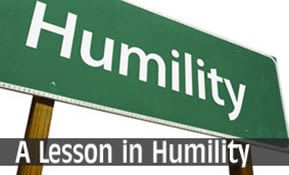
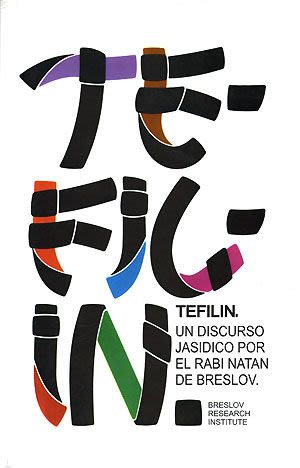
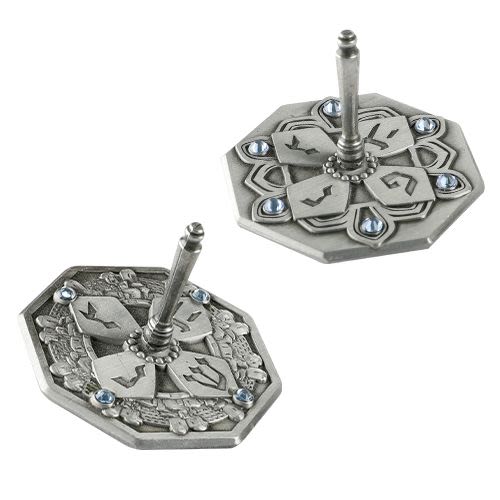
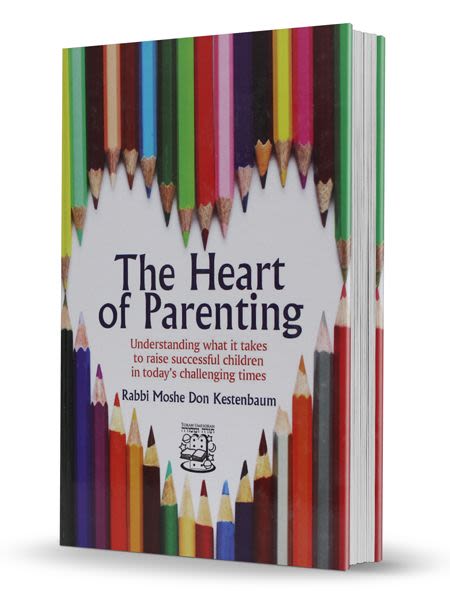
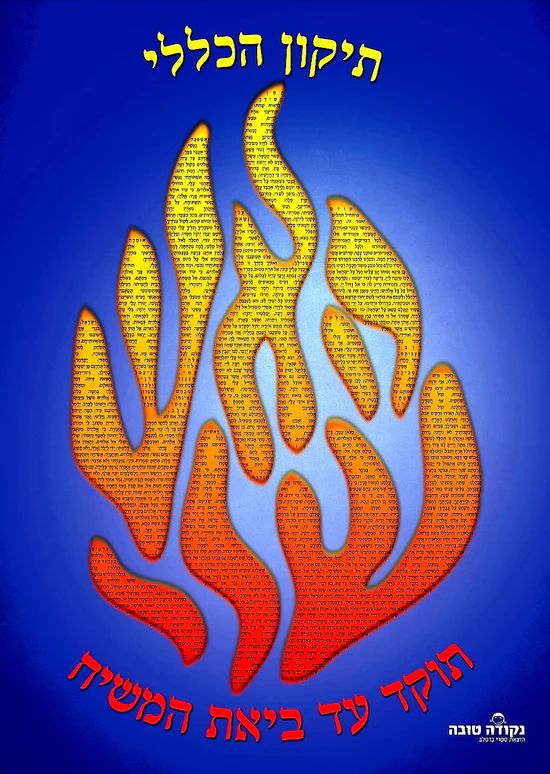
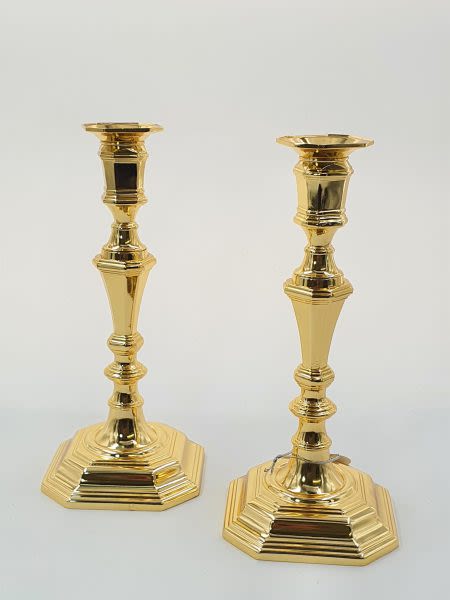

Tell us what you think!
Thank you for your comment!
It will be published after approval by the Editor.